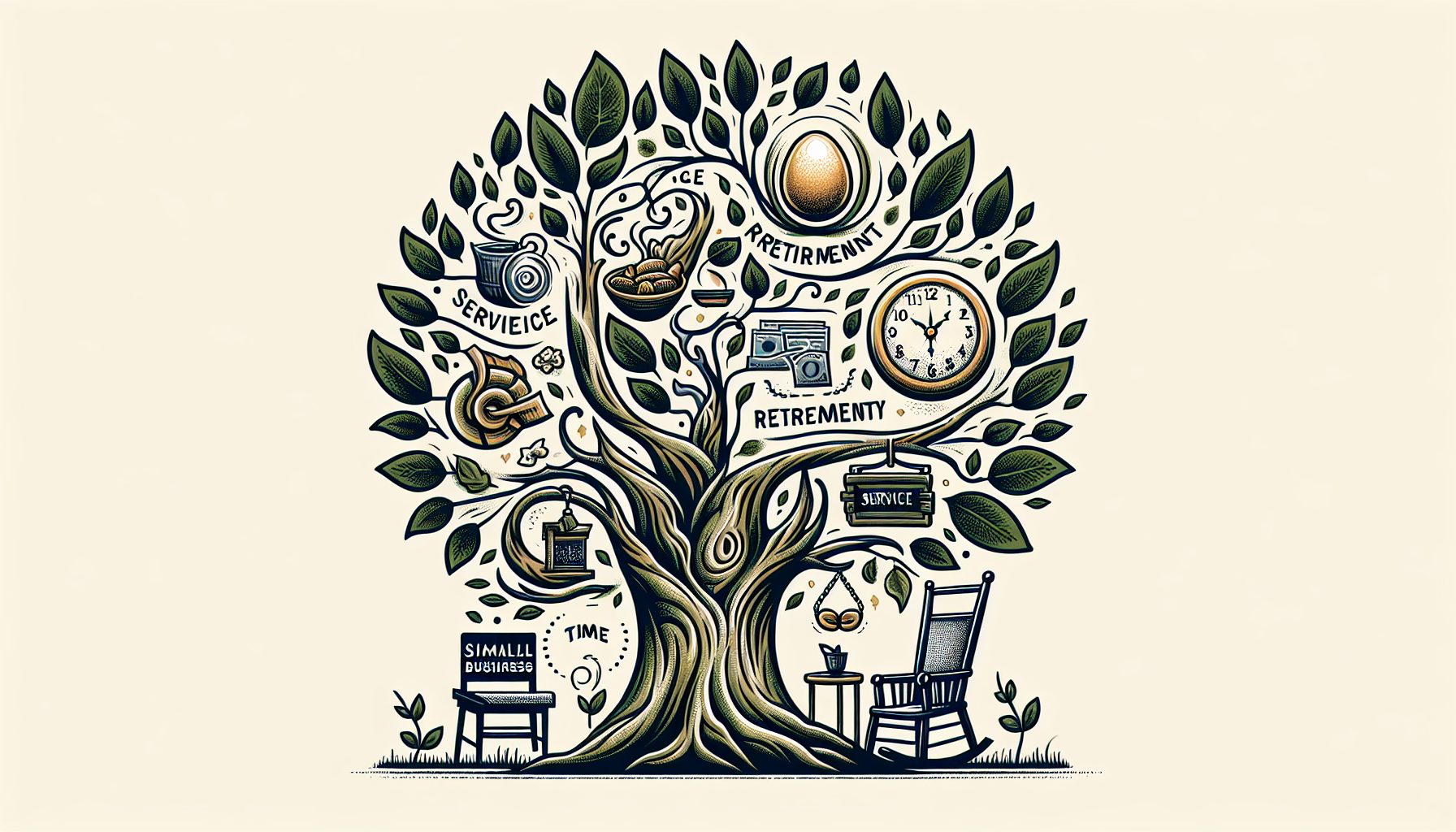Mobile technology is updating corporate loyalty programs — just in time, too.
Consumers may be reaching their limits with the ubiquitous plastic cards that have long defined such marketing efforts. They provide perks — including discounts, free shipping and the ability to receive receipts by e-mail — but the sheer volume of the cards combined with their low-tech capabilities make them an increasingly kludgy solution.
Starbucks is among a handful of companies that have leveraged mobile phones to take a loyalty program to an elite level. Earlier this month, the company disclosed that it has handled 26 million transactions via its mobile payment system, which allows smartphone users to turn their device into a digital wallet. The mobile app, introduced last January, now handles between one percent and two percent of overall sales.
The success of the initiative has other companies taking note. That?s because the Starbucks payment system is tied to its loyalty program. When a customer rings up a purchase electronically, his or her account is automatically credited and any qualifying discounts are applied. About 3.6 million customers belong to the My Starbucks Rewards program and 2 million have achieved gold status.
Starbucks isn?t alone. In January 2011, CKE Restaurants, the parent company for Hardee’s and Carl?s Junior, launched a smartphone loyalty app, Star Rewards, for the iPhone and Android operating systems. Among other things, it generates offers based on the user?s location. Customers that check in can win free food and other prizes. Meanwhile, retailer GameStop lets users view reward points and snag coupons from within its smartphone app.
A number of companies have also introduced smartphones apps that serve as lockers for cards. The list includes Cardstar, LoyalOne and Key Ring Rewards Card. Typically, these apps let users scan barcodes from existing cards or enter numbers manually and then use an e-barcode at the retailer, airline, gym or library. In addition, they push offers to registered consumers and provide them with a list of available loyalty programs in their neighborhood. Key Ring Rewards currently boasts more than 1,000 participating retailers.
Aberdeen mobile analyst Andrew Borg says that while m-marketing and loyalty card apps remain in the early adopter stage and a number of wrinkles need to be worked out?including how to deliver geolocation-based coupons effectively?they will soon go mainstream. ?They represent enormous opportunity. Mobile enabled commerce is without a doubt one of the biggest, unrealized opportunities before us.?








